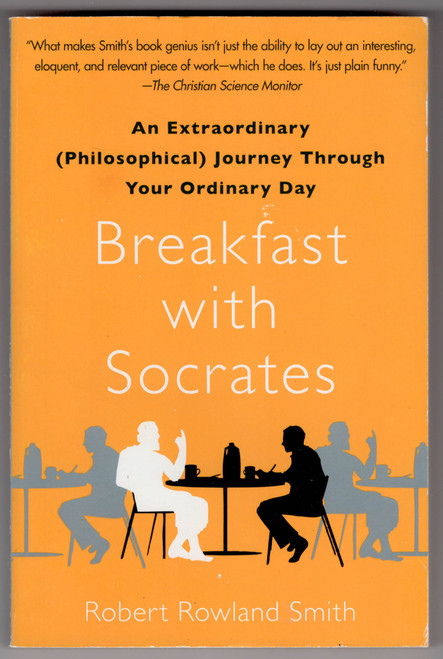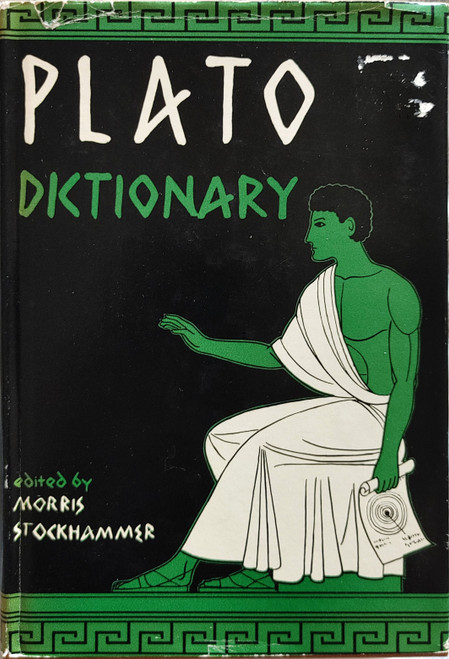The trial and death of Socrates (469-399 BC) have almost as central a place in Western consciousness as the trial and death of Jesus. In four superb 'dialogues', Plato provided the classic account.
Socrates spent a lifetime analyzing ethical issues, and the Euthyphro finds him outside the court-house, still debating the nature of piety with an arrogant acquaintance. The Apology is both a robust rebuttal to the charges of impiety and corrupting young minds and a definitive defence of the philosopher's life. Later, condemned and imprisoned in the Crito, Socrates counters the arguments of friends urging him to escape. And finally, in the Phaedo, Plato shows him calmly confident in the face of death, skilfully arguing the case for the immortality of the soul. Such works, as Harold Tarrant explains in his introduction to this revised edition, are no longer regarded by scholars as direct transcriptions of real events; their power to move us--and to challenge our moral assumptions--remains undiminished.
Translated by Hugh Tredennick and Harold Tarrant
With a New Introduction and Notes by Harold Tarrant
About the Author
Plato (428-348 BCE) is a Classical Greek philosopher, mathematician, student of Socrates, writer of philosophical dialogues, and founder of the Academy in Athens, the first institution of higher learning in the Western world. Along with his mentor, Socrates, and his student, Aristotle, Plato helped to lay the foundations of Western philosophy and science. Plato is one of the most important Western philosophers, exerting influence on virtually every figure in philosophy after him. His book The Republic is known as the first comprehensive work on political philosophy. Plato also contributed foundationally to ethics, metaphysics, and epistemology.







